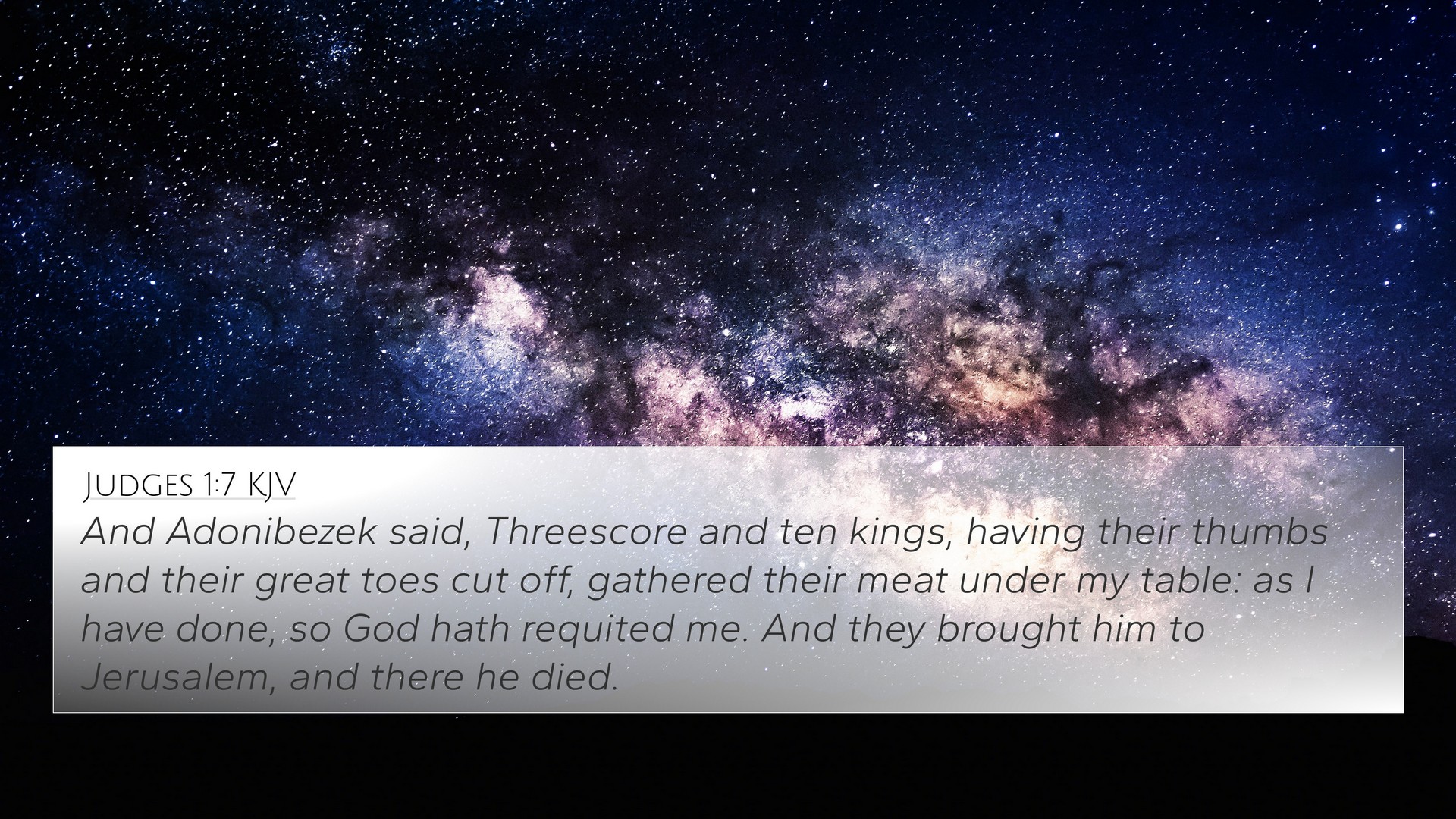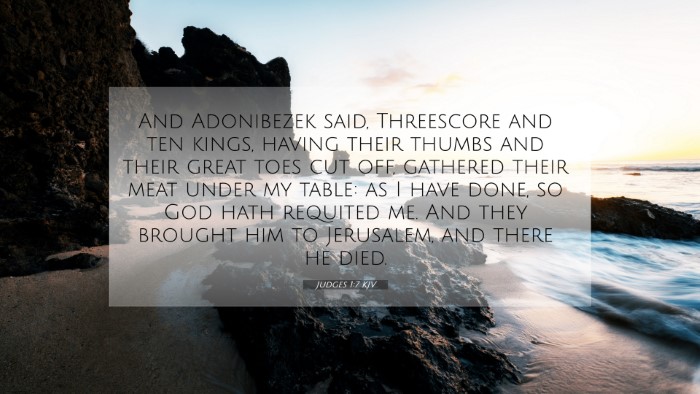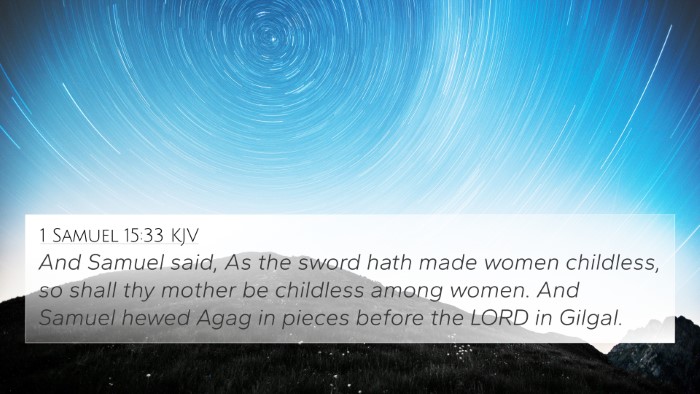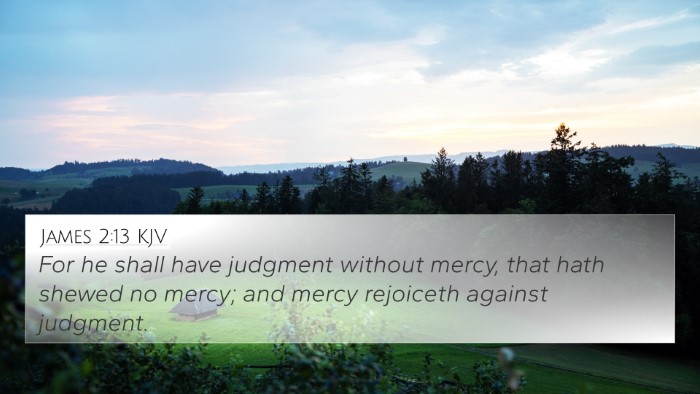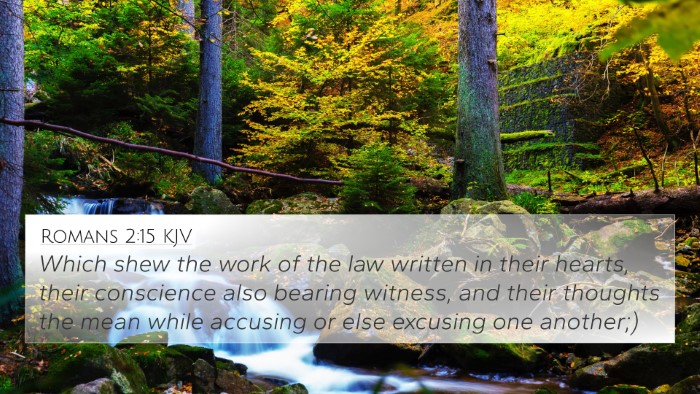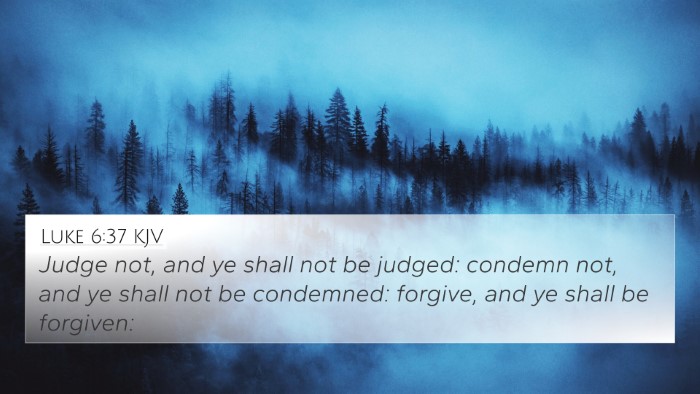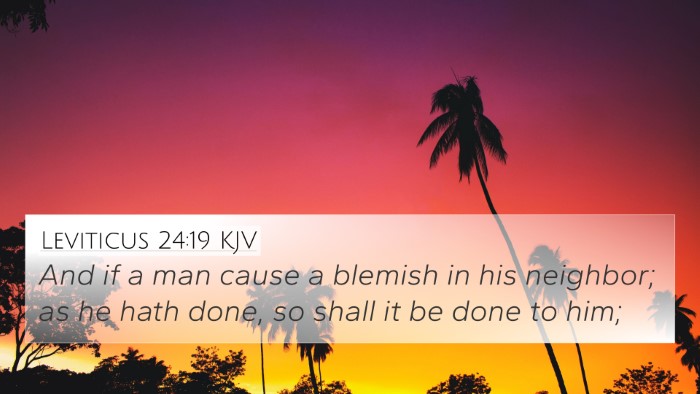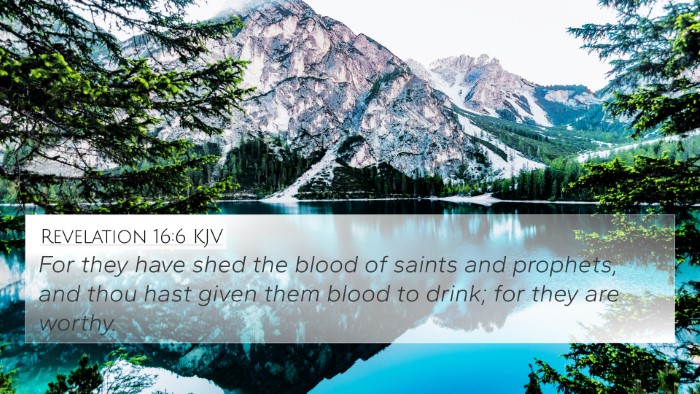Old Testament
Genesis Exodus Leviticus Numbers Deuteronomy Joshua Judges Ruth 1 Samuel 2 Samuel 1 Kings 2 Kings 1 Chronicles 2 Chronicles Ezra Nehemiah Esther Job Psalms Proverbs Ecclesiastes Song of Solomon Isaiah Jeremiah Lamentations Ezekiel Daniel Hosea Joel Amos Obadiah Jonah Micah Nahum Habakkuk Zephaniah Haggai Zechariah MalachiVerse
Judges 1:1 Judges 1:2 Judges 1:3 Judges 1:4 Judges 1:5 Judges 1:6 Judges 1:7 Judges 1:8 Judges 1:9 Judges 1:10 Judges 1:11 Judges 1:12 Judges 1:13 Judges 1:14 Judges 1:15 Judges 1:16 Judges 1:17 Judges 1:18 Judges 1:19 Judges 1:20 Judges 1:21 Judges 1:22 Judges 1:23 Judges 1:24 Judges 1:25 Judges 1:26 Judges 1:27 Judges 1:28 Judges 1:29 Judges 1:30 Judges 1:31 Judges 1:32 Judges 1:33 Judges 1:34 Judges 1:35 Judges 1:36